This document is the result of the panel discussion on the topic “Small Countries in Space Era”, motivated by the rapidly evolving development in Space exploration, utilization of the benefits from it for the well being of humanity, and future presence of humans out there. Small countries should also find their role in this endeavor but in competition with large conglomerates the question is HOW?
Preamble
A stable and prosperous society needs to be inventive in science and technology, and to be globally competitive. Two factors that determine success are highlyeducated members of the community and leadership in new ideas. For a small country, with a reasonably educated population, it is therefore of utmost importance to recognize global trends in the field of science and technology and to focus their development efforts in this direction. Research and development in Space activities offer opportunities to small countries to participate as an active member. This primarily requires defining development strategies in the field of aerospace high technology industries, basic science and development, as well as activities in the field of space medicine, space law and space tourism.
Recommendations
The essential feature of Space programs is that it is interdisciplinary and that it falls under the responsibilities of several ministries. Therefore, the first step towards commencing a Space program is setting up a Space Agency funded by the ministries of Science, Transport, Economy (where technology is incorporated) and Defense. The National Space Agency should ideally cover all sectors of Space program, with experts in respective fields. The next step after establishing the Space Agency is to draft and adopt the National Space Strategy that would entail two principal segments
- National Space Program (Research, Technology and Applications)
- International contacts: ESA, EU, bilateral cooperation
Both of these segments form the basis for accession to the membership of the European Space Agency. The Space Strategy should encompass the long term and short-term development objectives and define the areas of priority.
The path to become a full member of ESA is to first sign the Framework Programme and then to become a co-operating state and thereby join the PECS (Plan for European Cooperating States) programme. The PECS Charter, which lasts for five years, enables the country to develop its space industry with ESA’s support. The next step is then the Associate Membership of ESA and lastly, the Full Membership of ESA. The National Space Agency would represent the country in the ESA council and programme boards. It would also advise the government on levels of commitment in the optional programmes of ESA in line with the space strategy. To support the creation of space start-up companies it is advisable to set up an ESA Business Incubation Centre (ESA-BIC).
In parallel, there should be a national space programme to prepare industry and academia for the competitive environment of ESA and EC contracts and to enable fruitful bi-lateral collaborations.
As a member of the European Union, the country also should participate in the down-stream space programme of the EU, which is implemented by the European Commission. Examples are Satellite Navigation (EGNOS and Galileo), Earth Observation (Copernicus), Space Situational Awareness (SSA) and the GOVSATCOM Programme. To utilize the Public Regulated Service of Galileo Ministries of Interior and Defence should set up a Competent PRS Authority (CPA).
Prof. Dr. Slobodan Danko Bosanac
President
Adriatic Aerospace Association
The signatories to the document are:
Petr Bares, President, Czech Space Alliance
Prof. Dr. Sc. Slobodan Danko Bosanac, President, Adriatic Aerospace Association
Mag. Dr. Andreas Geisler, Appointed Head of the FFG Aeronautics and Space Agency.
Prof. Dr. Tomaž Rodič, Director, Slovenian Centre for Space Sciences and Technologies
Prof. Dr. Carsten Scharlemann, Head of Deparment, Aerospace Engineering, University of Applied Sciences Wiener Neustadt
Prof. Heinz Stoewer, Founder of Space Associates GmbH
Dr. Sc. Hrvoje Zorc, Adriatic Aerospace Association
Mag.iur. Anja Nakarada Pečujlić, Serbian Case for Space

 Hrvatski
Hrvatski





